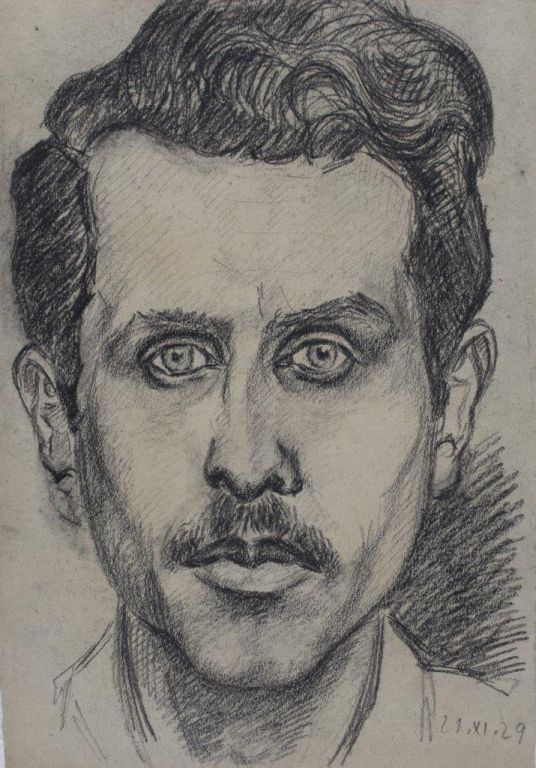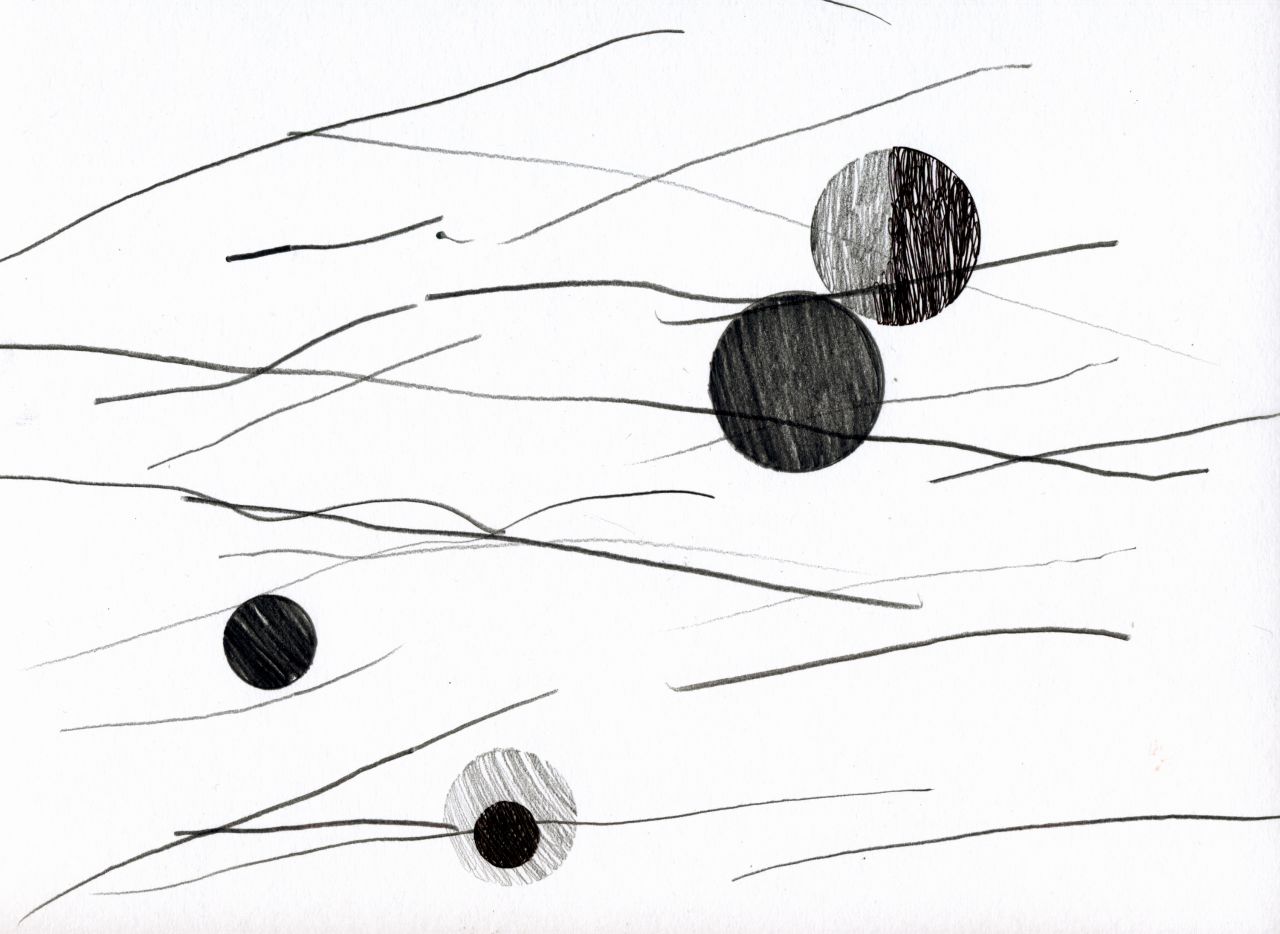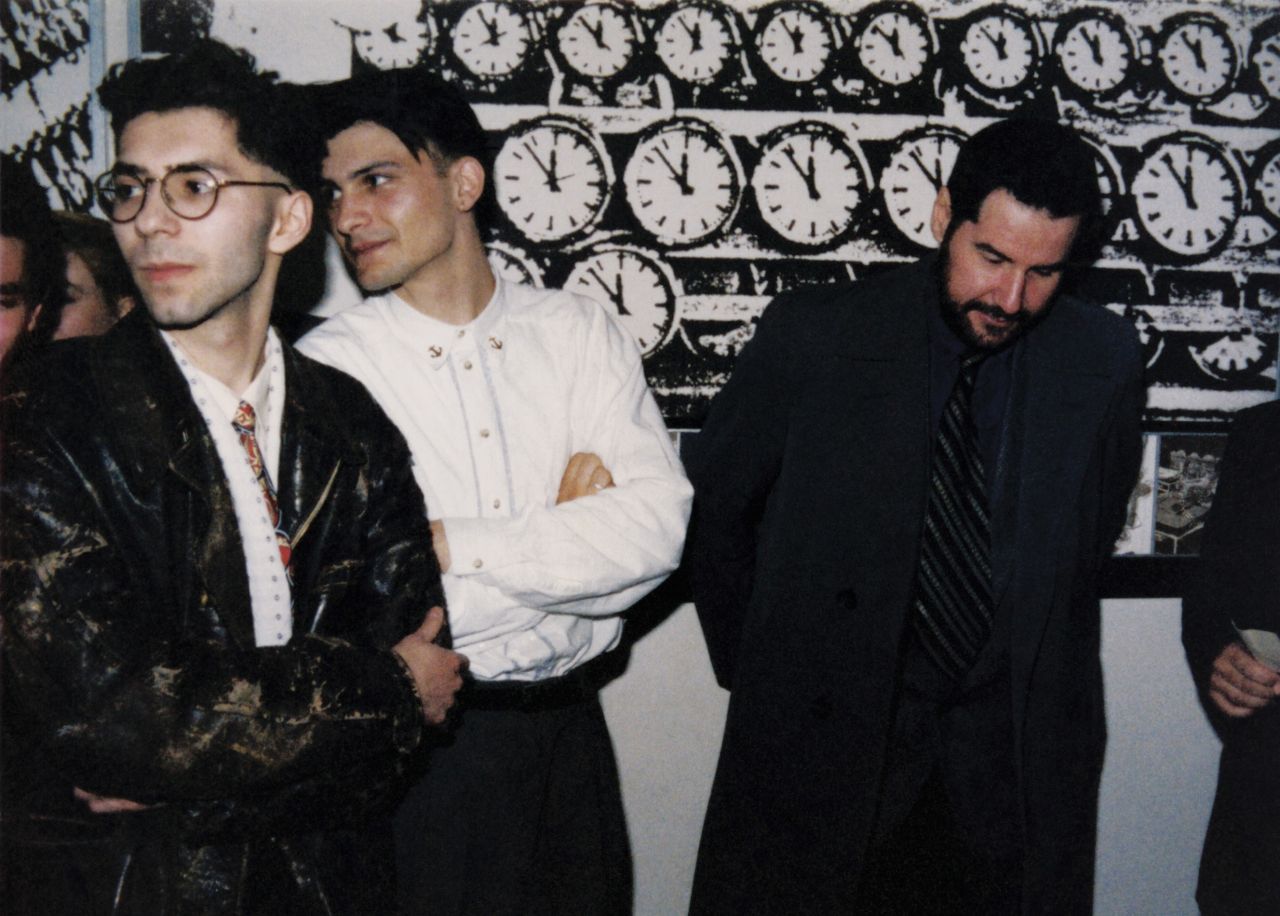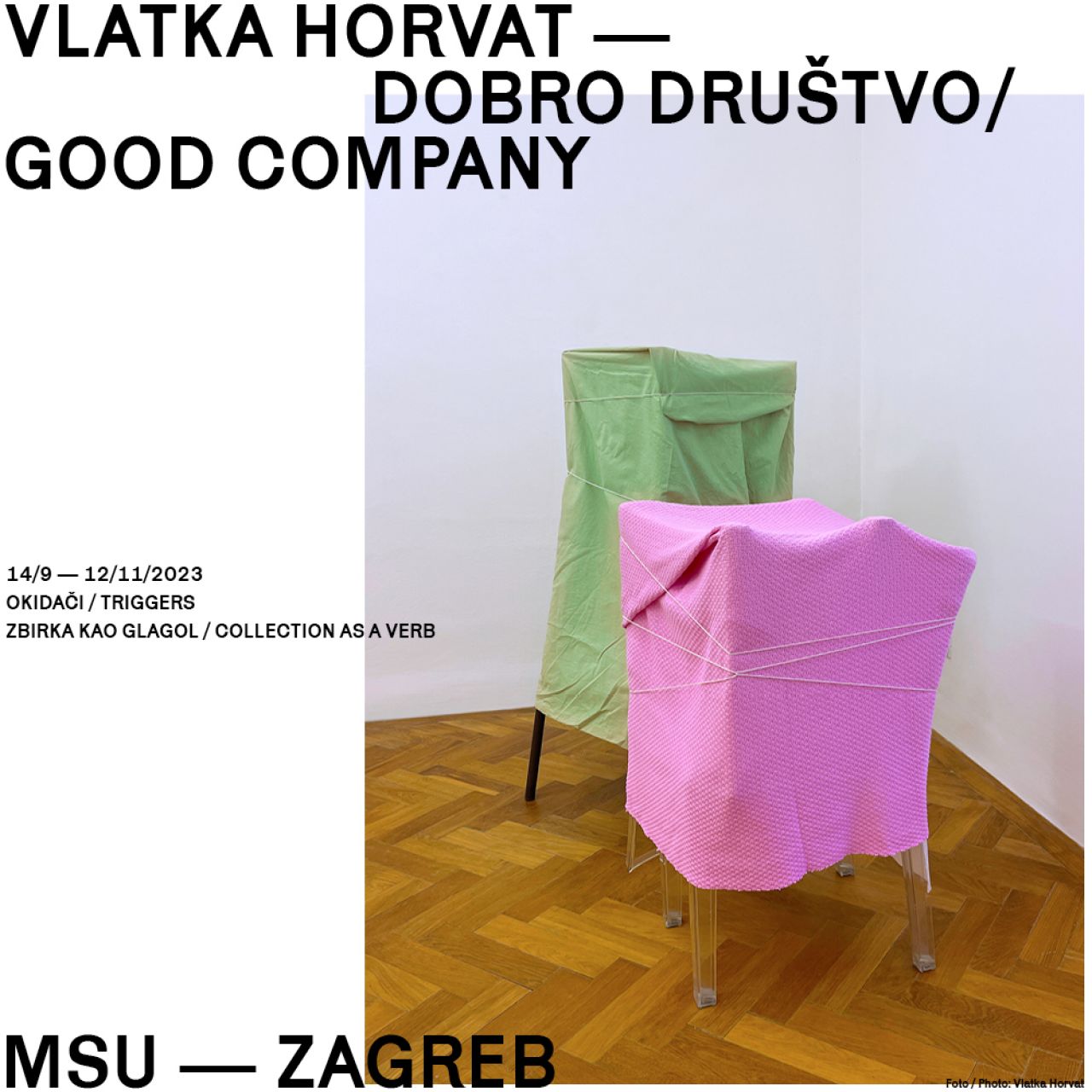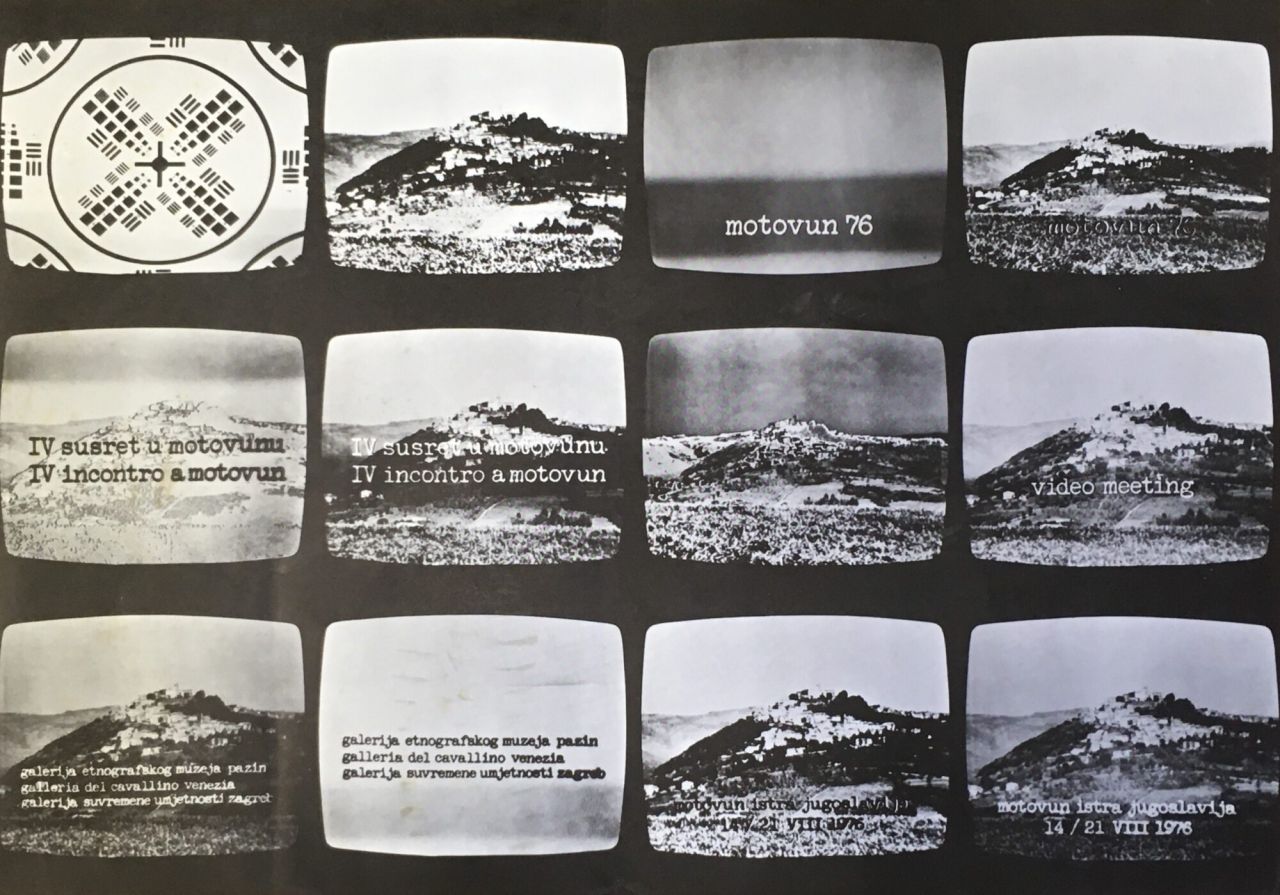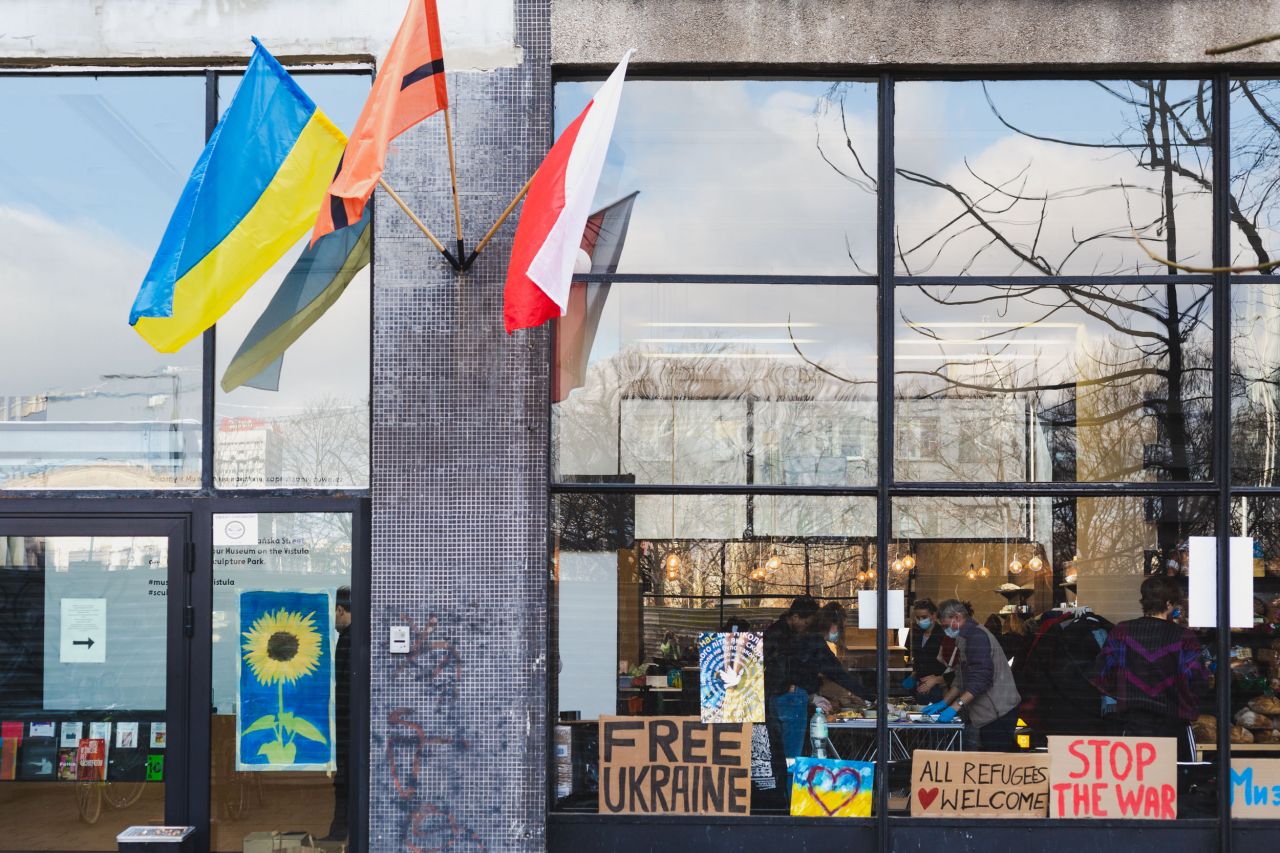IZBLIZA / UP CLOSE Preservation, Protection, and Conservation-Restoration of Contemporary Artworks
28.05.2024. - 25.08.2024. / MSU, 3. kat
The exhibition Up Close offers a new approach to modern and contemporary heritage. It presents visitors with a “behind-the-scenes” look at the processes of research, protection, and conservation-restoration of selected works from the holdings of the Museum of Contemporary Art in Zagreb (MSU), the Museum of Modern Art in Ljubljana (MG+MSUM), the Božidar Jakac Gallery in Kostanjevica na Krki, and the Vasko Lipovac Atelier in Split.
FIND OUT MORECinemas of Resistance: Milica Rakić – Red, If You Didn’t Exist…
16.05.2024. - 23.06.2024. / MSU, Black Box
A revolutionary of the code name Red is the central protagonist of Milica Rakić’s experimental film Red, If You Didn’t Exist, We Would Have to Invent You. She is a thwarted fighter and activist, a woman transitioning between two times and two worlds, trapped between non-freedom and a possibility of a new revolution.
FIND OUT MOREJulije Knifer — from the collection of the Museum of Contemporary Art
11.04.2024. - 12.05.2024. / MSU, 3. kat
The connection between Julije Knifer (Osijek, 1924 – Paris, 2004) and the Museum of Contemporary Art is long and intense, as testified by a large number of works kept in the Museum, from the earliest to the iconic ones.
FIND OUT MOREWomen to Women Collective: The soil remembers. Do you?
28.03.2024. - 01.09.2024. / MSU, 1. kat
المثارات : التراب يذكر . هل أنت؟
محرک ها: خاک به یاد می آورد. آیا تو؟
The Soil Remembers. Do You? is a project from the Triggers series with which we present the work, the commemorative action of the Women to Women collective. The project was inspired by the piece Observers by Ivana Popović from the Museum of Contemporary Art Collections, consisting of a large number of small human heads in clay, different in form, but sharing one coherent component – expressive eyes.
FIND OUT MORETomislav Gotovac a.k.a. Antonio G. Lauer: Ascending Descending Genealogy
09.02.2024. - 26.05.2024. / MSU, 1. i 2. kat povremenih izložbi
Artistic oeuvre of the multimedia artist Tomislav Gotovac (1937. – 2010.) has been controversial throughout his lifetime. However, today his work is highly appreciated in artistic circles all over the world and his works are held at the most prestigious international collections. Furthermore, Gotovac was and remains a part of Zagreb urban and popular iconography, favoured by wide public due to his provocative art interventions and performances.
FIND OUT MORERealise! Resist! React! Performance and Politics in the Post-Yugoslav Context of the 1990s
14.12.2023. - 17.03.2024. / MSU, 3. kat
Following the 1990s – the decade of major changes – different countries and historical time zones arose in the small-scale territory of the formerly joint Federation. Created in wars, in more-or-less successful political and economic transitions, they often readily disowned their legacy.
FIND OUT MOREHis Supporting Hand – Curating the Curator: Davor Matičević
09.11.2023. - 11.02.2024. / MSU, Black Box
His Supporting Hand – Curating the Curator: Davor Matičević is the latest exhibition from the Triggers cycle, Museum of Contemporary Art’s invitation to artists, curators and curatorial collectives for a critical review or a response to the museum holdings. It opens on Thursday, 9 November 2023 at 19:00, at MCA’s Black Box. The exhibition name is a quote by Ivan Posavec from an interview published in the magazine 15 Dana, explaining how a large part of his photographic work, as well as the work of Mio Vesović, would not exist without Matičević’s support.
FIND OUT MOREVlatka Horvat: Good Company / “Triggers”
14.09.2023. - 12.11.2023. / MSU, 2. kat
Vlatka Horvat’s Good Company presents a selection of works from the museum's Sculpture collection through the lens of the artist’s practice.
In the space of the exhibition, small groups of works from different eras and artistic movements are placed in dialogue with each other. Figurative pieces and abstract works sit side by side, and their spatial arrangements underscore contrasts and connections between different formal gestures and sculptural materials. Horvat’s selection and presentation of works offers a playful, dynamic view of the grouped sculptures, their relations, connections and possible interpretations.
FIND OUT MORE
The Motovun Encounters
12.09.2023. - 15.10.2023. / Muzej moderne i suvremene umjetnosti, Rijeka
* Opening: 12/9/2023, at 8 pm
The Motovun Encounters is an international group exhibition dedicated to the research of artist encounters in Motovun. Taking a retrospective view of the history of The Motovun Encounters, and relying on museum documentation, archival materials and selected works of art from different museum collections, it gives an overview of the international manifestation, contributing to its research valorization and contextualization
FIND OUT MORECapable of Idealism (2023)
31.08.2023. - 05.11.2023. / MSU, 2. kat
Taras Gembik, Yulia Krivich, Kaja Kusztra / The "Sunflower" Solidarity Community Center
„We chose to carry out a performative reenactment of the 1981 Vlado Martek work, Capable of Idealism (Sposoban za idealizam). In our performance, Martek’s practice of visualizing poetry turned into a starting point for posing questions about sharing profits, power, and pleasures in the institutional space. Social structures in an art institution can be questioned using critical methods, but can they be consumed together?


